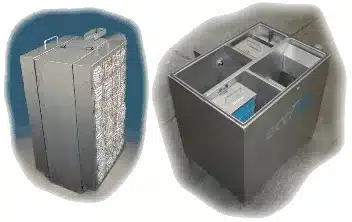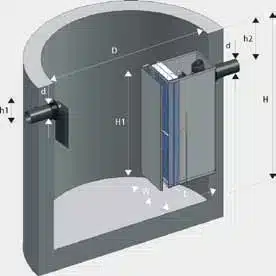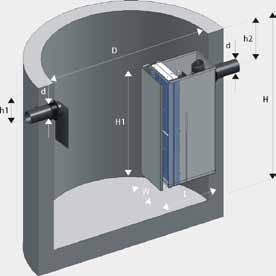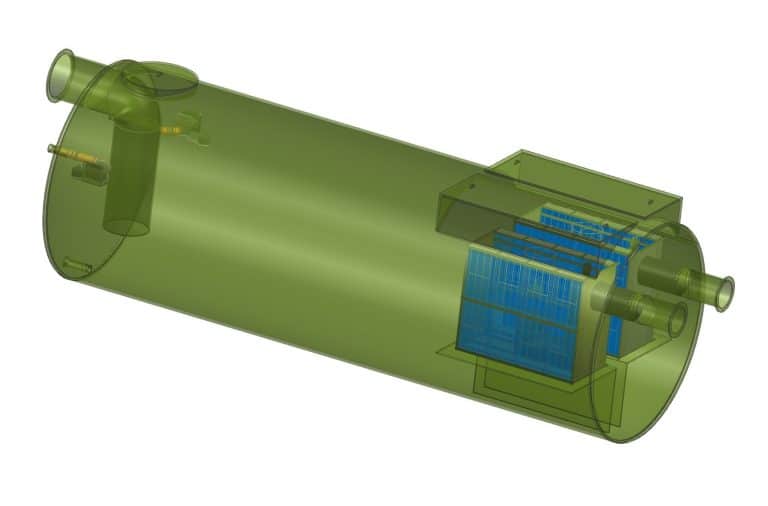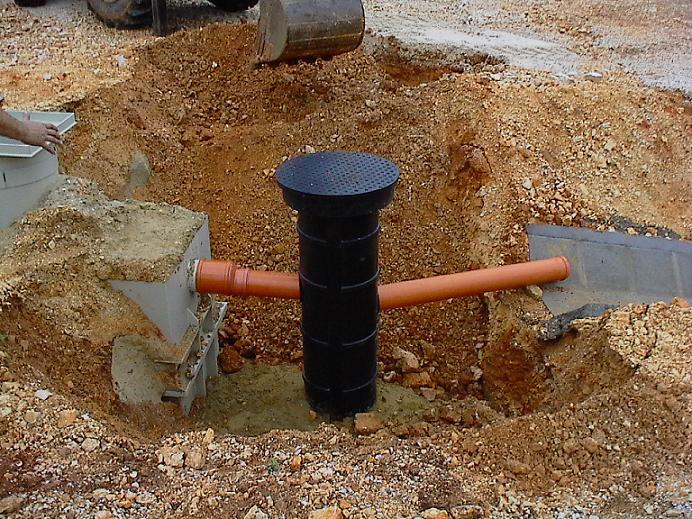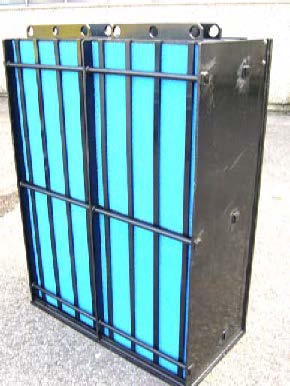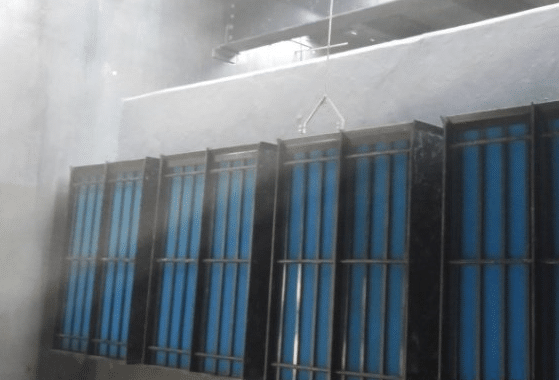Do you know about the hidden heroes protecting Washington’s waterways? Oil Water Separator Tanks Washington are key in keeping our water clean. They work hard to keep our ecosystems, health, and infrastructure safe.
In Washington, businesses count on these tanks to handle oily wastewater. From Seattle’s shipyards to Spokane’s factories, these systems are crucial. The Industrial Waste Program in King County makes sure they work well by setting rules and helping businesses.
Key Takeaways
- Freytech Inc. Oil water separator tanks are vital for environmental protection in Washington
- They help businesses meet industrial wastewater treatment regulations
- King County’s Industrial Waste Program oversees compliance and offers technical assistance
- These systems effectively separate oil from water before discharge into sewers
- Proper use of separators supports public health and protects sewerage infrastructure
Understanding Oil Water Separator Tanks in Washington State
Oil Water Separator Tanks in Washington State are key for managing stormwater and treating industrial wastewater. They help businesses follow state laws and keep the environment safe from pollutants.
What are Oil Water Separators?
Oil water separators are tanks made to take oil and other petroleum out of water. They slow down wastewater, letting oil float up and dirt settle at the bottom. This is vital for places like car repair shops and gas stations that have oily waste.
Types of Oil Water Separators
In Washington, there are two main types of separators. Standard baffle separators slow down water with barriers. Coalescing plate separators (CPS) use special plates to grab onto oil for better separation. API separator tanks are also used for big industrial needs.
Washington State Regulations for Industrial Wastewater
Washington State says businesses that send oily or dirty water must have oil water separators. This rule covers many industries, like quick-lube shops and places using high-pressure washes. Good stormwater management in Washington is key for keeping the environment safe and following the law.
Benefits of Oil Water Separator Tanks for Washington Businesses
Oil water separator tanks are key for businesses in Washington. They help meet environmental standards by removing oil, grease, and solids from wastewater. This keeps local water safe and ensures companies follow EPA rules.
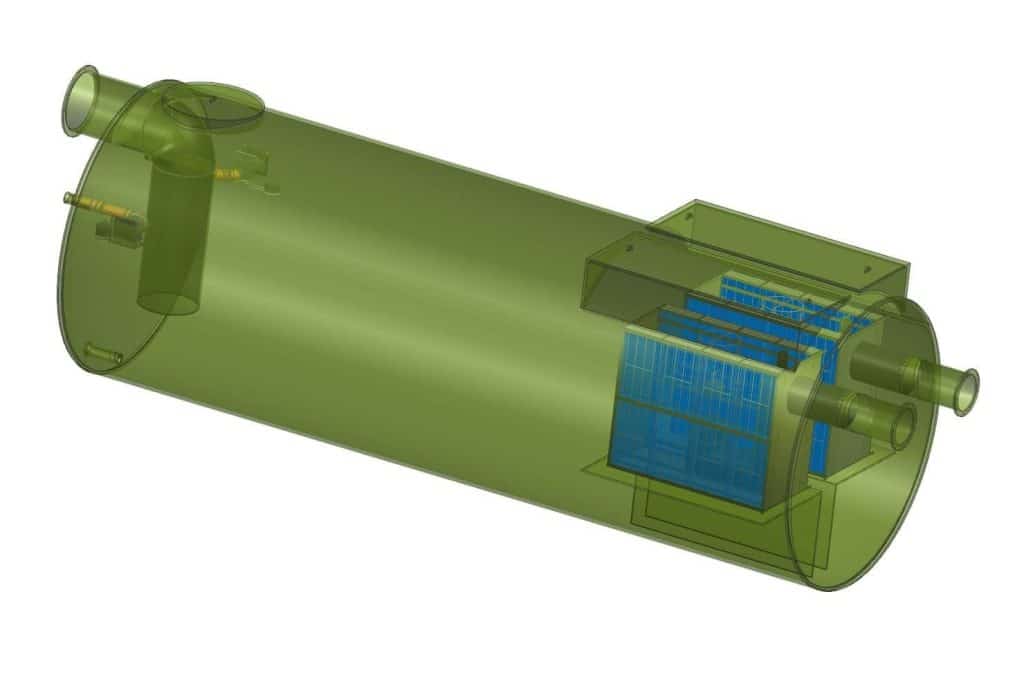
These tanks also boost spill containment efforts in Washington. They catch oil spills early, preventing them from harming the environment. This saves companies from the cost of clean-ups and fines for breaking environmental laws.
Underground storage tanks are popular for oil water separation in Washington. They save space and work well for separating oil and water. With advanced tech like Corella® and Petro Screen, companies can get water as clean as 10 PPM of oil or less.
Choosing top-notch oil water separator tanks helps Washington businesses look good environmentally. It keeps them in line with local laws and protects the state’s natural resources. By focusing on good wastewater management, companies show they care about the planet and operate responsibly.
Oil Water Separator Tanks Washington: Installation and Maintenance
Installing and keeping oil water separator tanks right is key for handling industrial wastewater in Washington. These systems are important for following environmental laws. They help businesses manage oily water well.
Installation Guidelines for Washington Facilities
To install Oil Water Separator Tanks Washington, you need approval from local agencies. You must provide detailed plans. These include info about your facility, the separator’s specs, and a site map. This makes sure your installation meets state standards for handling industrial wastewater.
Inspection and Cleaning Procedures
Checking oil water separator tanks regularly is a must. Experts recommend checking them every six months. Look for sludge and oil buildup. Clean the tank when sludge is 8 inches deep in the inlet chamber or oil is 2 inches deep anywhere.
Keeping your system clean helps it work well. It also follows environmental laws in Washington.
Choosing a Reliable Tank Cleaning Company
For cleaning Oil Water Separator Tanks Washington, choose a company that specializes in this. Look for firms listed under “Tanks – Cleaning” in local directories. Don’t use septic tank services for this job. The right cleaning service keeps your separator efficient. It supports your efforts in handling industrial wastewater in Washington.
Advanced Technologies in Oil Water Separation
Oil Water Separator Tanks Washington have made big strides in recent years. These new technologies bring better performance to industrial wastewater treatment Washington facilities. Let’s look at some top innovations in oil removal systems Washington.
Enhanced Coalescing Technology
Freytech Inc. is at the forefront with its enhanced coalescing technology. This innovation makes separating oil from water more effective. It uses special plates that help small oil droplets merge, making them easier to take out.
Impressive Separation Efficiency
Today’s oil water separators work amazingly well. Some can get down to a 5 PPM (parts per million) level of separation. This means the water coming out is much cleaner, helping businesses in Washington meet tough environmental rules. It also means less worry and no fines for companies.
Versatile Hydrocarbon Separation
Advanced oil removal systems Washington can tackle many types of hydrocarbons. They can remove everything from motor oil to jet fuel. This makes them perfect for various industries in Washington State, ensuring clean water discharge no matter the pollutant.
Conclusion
Oil water separator tanks are key in Washington’s industrial world. They help businesses follow environmental rules. By treating industrial wastewater well, companies keep local water safe and healthy.
New technologies like enhanced coalescing systems have changed oil water separation. These new systems help businesses separate oil and water better than before. This is crucial in Washington, where keeping the environment safe is a big deal.
For the best results, oil water separator tanks need the right setup and regular care. Washington businesses should pick trustworthy cleaning services. This way, their systems work well. By using good oil water separation methods, companies in Washington can meet environmental goals and do well in their work.
In the end, oil water separator tanks in Washington are more than just tools. They show a company’s commitment to being responsible and caring for the environment. As technology gets better, these systems will be even more important. They help businesses work well and protect the planet at the same time.
These separators are crucial in storm water systems. They process runoff to meet the US EPA’s Clean Water Act standards. With effective oily water treatment, facilities protect the environment and dodge big fines.

